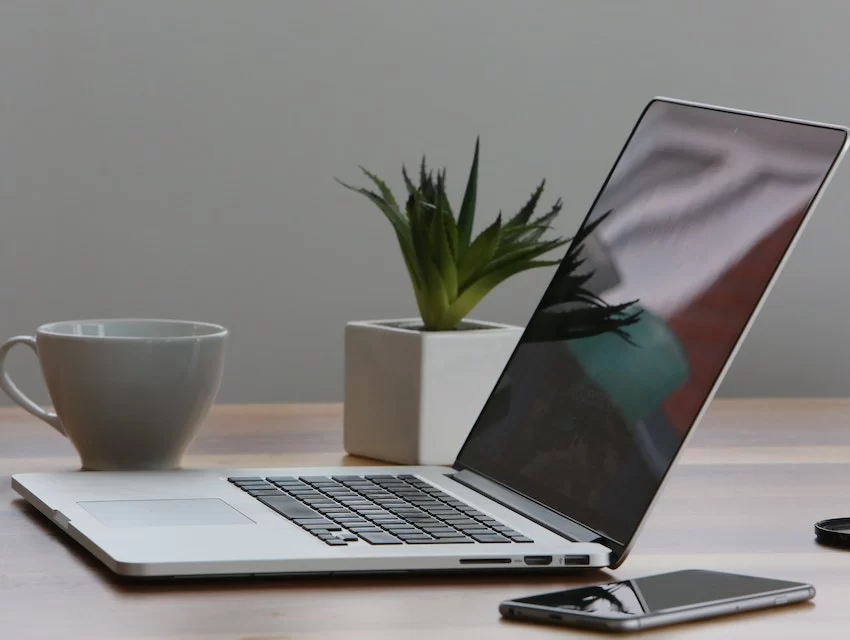
When clients ask why upgrading an old PC or laptop isn't always the best solution.
Updating an old computer can feel like a battle against decreasing returns. While it might seem cost-effective at first, here’s why it often isn’t worth the effort:
- Compatibility Issues – Older hardware may struggle to run modern software efficiently. Even if updates install, they might slow the system down rather than improve it.
- Performance Bottlenecks – Aging components—like CPUs, RAM, and storage—can severely limit speed, making even simple tasks frustrating.
- Security Risks – If the device no longer receives security updates, it becomes vulnerable to cyber threats, potentially putting personal data at risk.
- Cost vs. Benefit – The money spent on upgrades (new SSDs, RAM, etc.) could go towards a newer, more efficient device that performs better overall.
- Energy Efficiency – Newer machines consume less power and generate less heat, saving on electricity and improving sustainability.
Unless the device has sentimental value or a niche use case, upgrading an old computer tends to be more of a short-term fix rather than a long-term solution. Sometimes, moving on to new tech is the best way forward.
What kind of device are you dealing with?
